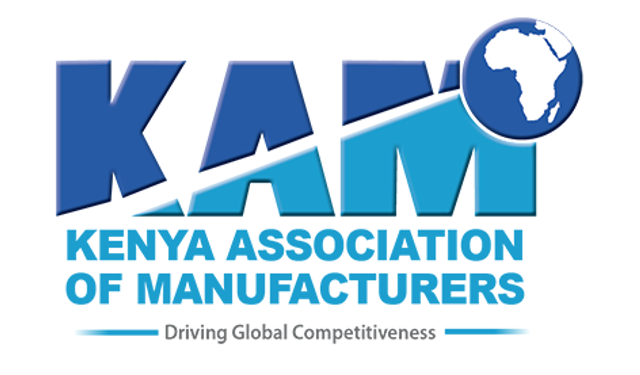The Kenya Association of Manufacturers (KAM) seems optimistic about the Finance Bill 2023, despite many sectors of the Kenyan economy continuing to express their concerns about the proposed bill. While engaging the national assembly department committee on Finance and national planning earlier this month, the association applauded some of the reforms in the bill, citing that they will help promote the country’s manufacturing capacity.
Some of these reforms include:
- The removal of Section 10 of the Excise Duty Act, which states that “the commissioner may, by notice in the gazette and with the approval of the cabinet secretary, make inflation adjustments on the excise duty rate after considering the circumstances prevailing that year,”
- Removal of locally acquired loans from the existing 30% interest restriction
- Removal of locally manufactured plastic products from excise duty According to KAM, this move will reduce the cost of commodities packaged using plastics as production costs will decrease.
Read: Proposed Tax Reforms in The Finance Bill 2023
However, in contrast, the association also expressed concerns over some of the reforms in the manufacturing sector, citing that if passed, the bill would make Kenya an unattractive trade destination. The bill proposes introducing taxes on imported raw materials, such as a 10% levy on imported clinker, which is used in cement production, and a 10% export duty on imported kraft used in packaging staple foods. These, among other reforms, will be a major blow to the state of locally manufactured products as compared to imported products.
Email your news TIPS to editor@thesharpdaily.com












